Science
How Did Life Rebound on Earth? The Answer Lies Within the Rocks
23 February 2026
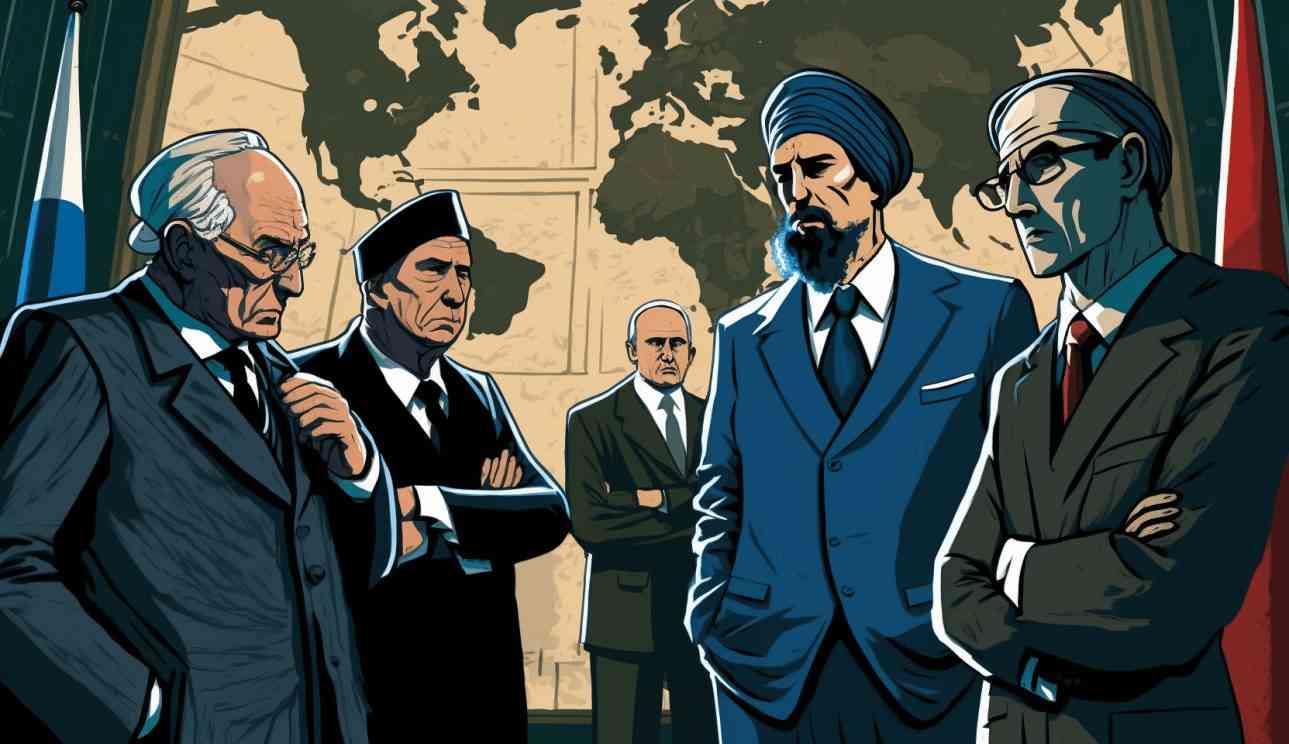
Diplomacy’s roots traced back almost 3,300 years. Just centuries after the last mammoth was extinct, Egyptians and Hittites concluded the first documented peace treaty. Today, diplomats’ efforts play a significant role in determining our visa-free ability to travel, engage in duty-free trade, and spot potential adversaries.
The symbolism of diplomacy is intricate, covering varied factors that are seen differently across different cultures. Leaders, ministers, ambassadors, and consuls meticulously consider words, gestures, and actions utilized each day in effectively implementing their countries’ foreign policies. Let’s set off on an exploration of the world of diplomacy, to examine its historical aspects and its contemporary functioning.
The earliest recorded interstate arrangements date back to ancient times. In 1274 BCE, near Kadesh in what’s now Syria, Pharaoh Ramesses II’s forces clashed with King Hattusili III and the Hittites. The battle resulted in heavy losses for both sides and ended inconclusively. The rulers subsequently engaged in lengthy negotiations, which culminated after nearly 15 years in the Treaty of Kadesh, also known as the Eternal Treaty. This earliest among written interstate agreements delineated borders, conditions for exchanging prisoners of war, and a defensive alliance between the Egyptians and the Hittites.
Diplomatic maneuvers have been undertaken by every major civilization. While varying in form, they’ve served the same purpose: influencing other states’ policies without resorting to violence. Ancient Greek city-states exchanged messengers, the legendary Sun Tzu’s Chinese provinces deployed diplomatic measures, and Arab tribes engaged in diplomacy, as did medieval European kingdoms.
In 1513, Niccolò Machiavelli wrote The Prince, redefining thinking on statecraft and international relations. Machiavelli’s concept of realpolitik later influenced prominent European diplomats including Cardinal Richelieu, Talleyrand, Otto von Bismarck, and Churchill.
Modern diplomacy took shape in royal continental courts over the seventeenth century. The Congress of Vienna, known as the “dancing congress,” established the European order after the Napoleonic Wars and initiated an era of informal aristocratic diplomacy. Another momentous milestone was the drafting in 1961 of the Vienna Convention, which codifies diplomacy’s most significant aspects to this day.
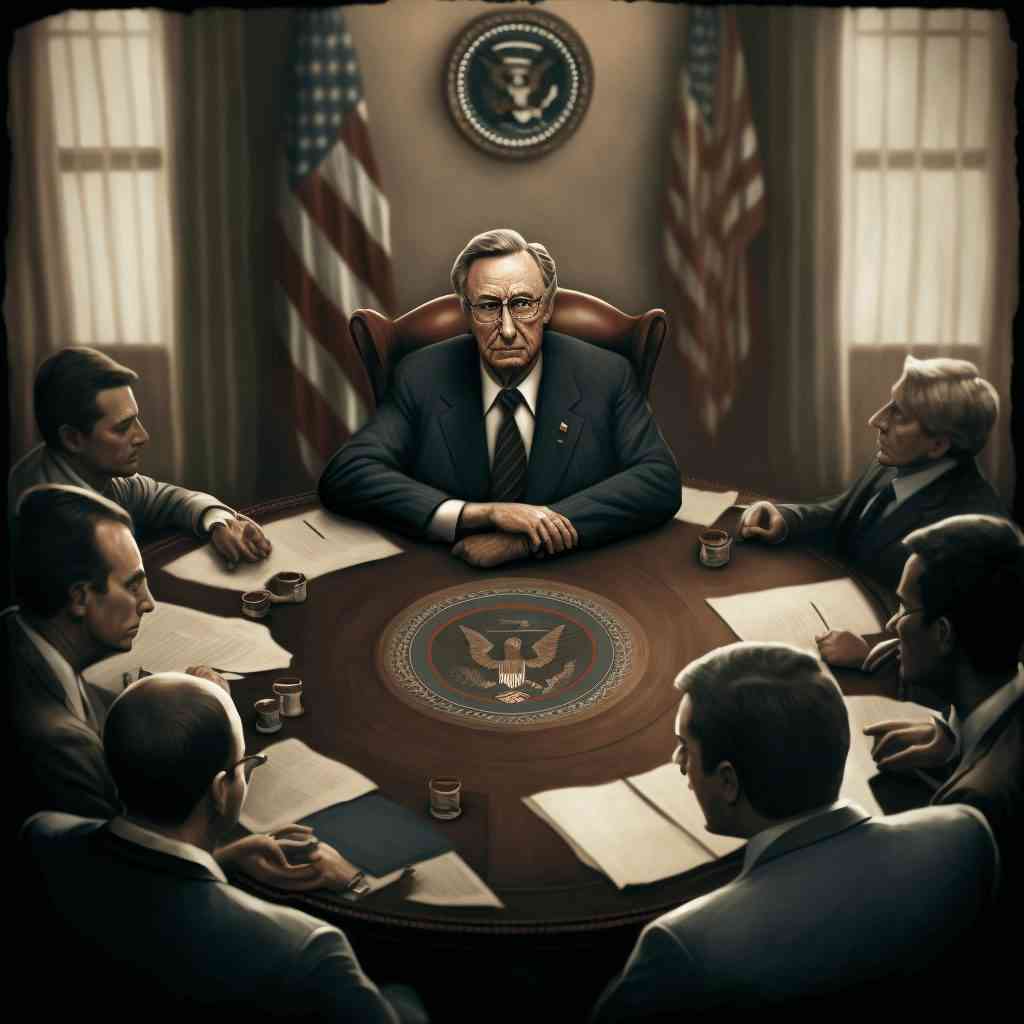
Diplomacy is one tool of foreign policy, along with economic and military actions. Its purpose is to achieve goals nonviolently through dialogue and negotiation. A president, along with the secretary of state, establishes directions and guidelines for action, then implementing these involves a broader range of government officials.
The head of state always serves as the lead representative in international relations, whether a president or a monarch. The hierarchy backing them varies from country to country. In the US, the vice president holds the number-two position, followed by the speaker of the House of Representatives. While in Poland, for example, the “second and third persons of state” are the marshals of the Sejm (parliament’s lower house) and of the Senate, respectively.
Representational functions are just one aspect of diplomacy. The president and the secretary of state have the greatest influence on actual state-to-state policies. They participate in the key bilateral and multilateral meetings, discussions, and negotiations. Other government officials responsible for relevant areas support them in these endeavors, along with the diplomatic corps.
That term, “diplomatic corps,” refers to the group of diplomats accredited to a specific country or international organization. It includes ambassadors, chargés d’affaires, secretaries, and attachés. They represent their country at conferences, negotiations, and meetings with international counterparts, manage embassy work, monitor the situation of the country in which they are posted, and provide support to fellow citizens there when needed.
That latter responsibility, however, is mainly carried out by consuls. They form a distinct category of diplomats whose primary role is to assist their fellow citizens who are visiting in and residents of the host country. They provide care in emergencies, handle the issuing of visas, passports, and other documents, and cooperate with authorities of the host country.
Understanding this hierarchy makes it easier to determine a particular event’s significance. The most important decisions are made when heads of state and government leaders come together. However, statements made at press conferences should be treated skeptically. As Sir Henry Wotton, the famous English ambassador to Venice in the late sixteenth and early seventeenth centuries, once said:
An ambassador is an honest man sent abroad to lie and intrigue for the benefit of his country.
The art of speaking in a way that says nothing and avoids commitments would fill a substantial book titled The History of Diplomacy.
Otto von Bismarck is often attributed with the quote stating that people shouldn’t know how politics and sausages are made. While its authenticity is uncertain, it packs a significant meaning. For better or worse, ordinary citizens seldom learn about behind-the-scenes diplomatic activities until the ultimate consequences materialize. Nonetheless, it’s worthwhile to understand what’s of note when observing diplomatic maneuvers.
Let’s start by distinguishing between bilateral and multilateral diplomacy. The former refers to relations between two countries, and the latter pertains to relations among a group of countries. To illustrate, President Zelensky’s visit to Warsaw on April 5 this year exemplifies bilateral or two-party diplomacy. Various multilateral formats such as a meeting of the United Nations Security Council, meanwhile, constitute multilateral diplomacy.
Furthermore, there is open diplomacy and secret diplomacy. Here, the meanings imparted follow intuitive understanding. Open diplomacy encompasses that which reaches public notice, while secret diplomacy remains within the closed circle of authorized representatives.
Relations between countries, countries and international organizations, and between organizations themselves, begin with the recognition of each country’s sovereignty. At times, a newly emerging state is acknowledged by just a bloc of countries, with another bloc not accepting its existence as a sovereign entity. Israel and Kosovo are examples of such a situation.
Once this recognition is achieved, the next step is to establish channels of communication. Friendly countries maintain high-ranking embassies, while others have only consulates or representatives. Hostile states communicate through mediators with whom they have relations. For instance, during their crisis in the 1960s, the US and Cuba conducted negotiations through Swiss embassies, among other methods.
State representatives and diplomats communicate with their counterparts through formal and informal channels. The former includes various forms of correspondence and official meetings, with the latter encompassing what are called informal talks held behind closed doors. Paradoxically, during these closed-door meetings, key decisions are often forged.
It’s noteworthy that symmetry and equilibrium play a significant role in diplomacy. If a visiting president or head of state isn’t welcomed in person by a host president, it will be interpreted as a great affront. Overall atmosphere also carries considerable weight. This was clearly evident during the recent visit to Beijing by President Macron and President von der Leyen of the European Commission. France’s president was greeted with a red carpet, a military parade, and a salute. Chinese-French relations dominated media coverage. In comparison, the German politician representing the EU was almost completely ignored. This sends a strong signal that President Xi Jinping focuses on building bilateral relations with individual continental countries, bypassing the EU.
It’s not only their greatness and power with which nations shape their country’s reputation abroad. Culture plays a significant role, as its allure enhances that nation’s image in the eyes of other peoples. A prime example is the Voice of America, established in 1942 as a radio station broadcasting in over 40 languages. In 2017, Hans N. Tuch wrote about it in American Diplomacy:
At the end of the 1950s, the Voice of America (VOA) was the sole effective instrument of U.S. government public diplomacy that allowed for the penetration of the Soviet Iron Curtain with news and information from the free world. As an official in charge of information and culture at the American embassy in Moscow, I had practically no other tool with which to conduct public diplomacy.
Today, numerous broadcast channels from different countries engage in similar activities, including Germany’s Deutsche Welle, Russia Today, the BBC from the UK, and France 24.
Countries like Poland, though, lack a major international communication channel. Nevertheless, without neither the government’s intention or even its knowledge, Poland has acquired a globally renowned ambassador through which millions around the world have learned more about the country and its culture. The White Wolf of Rivia is that ambassador. Due to Geralt the witcher and the iconic gaming series by the CD Projekt Red team from Kraków, the country’s reputation as Europe’s digital hub spread worldwide, from San Francisco to Beijing.
Diplomacy’s beauty lies in its perpetual nature, as it remains a process that is ongoing and ever evolving. As long as nations and their alliances exist, their representatives’ work will endure. We often observe their efforts on a screen, creating a sense of distance and abstraction. However, they’re just like us: feeling fatigue, hunger… and they too make mistakes. It can seem like everything in international politics is carefully planned, negotiated, and established beyond any doubt. History, however, teaches us that many major historical moments were triggered by chance. Let’s keep this in mind as we appreciate the captivating diplomatic spectacle of our times.
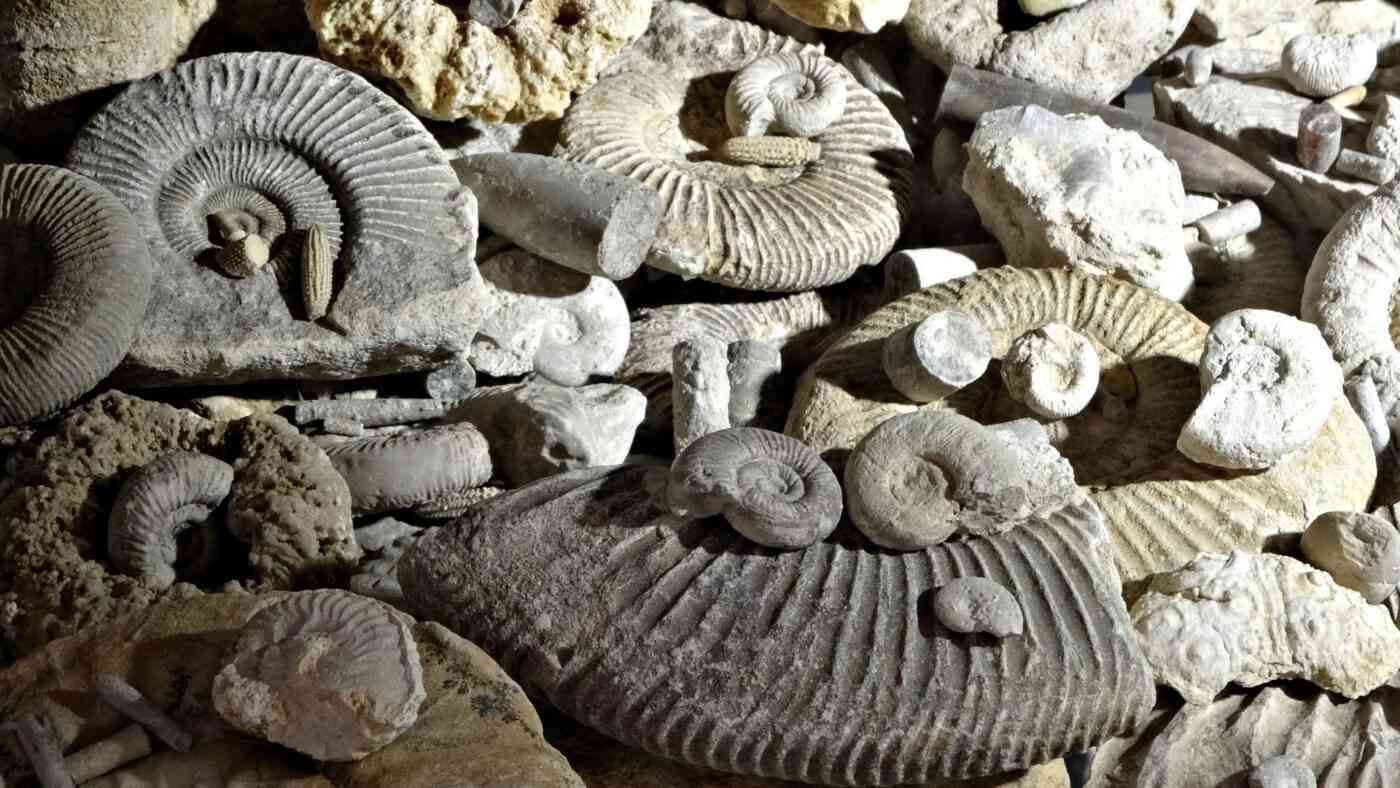
Science
22 February 2026
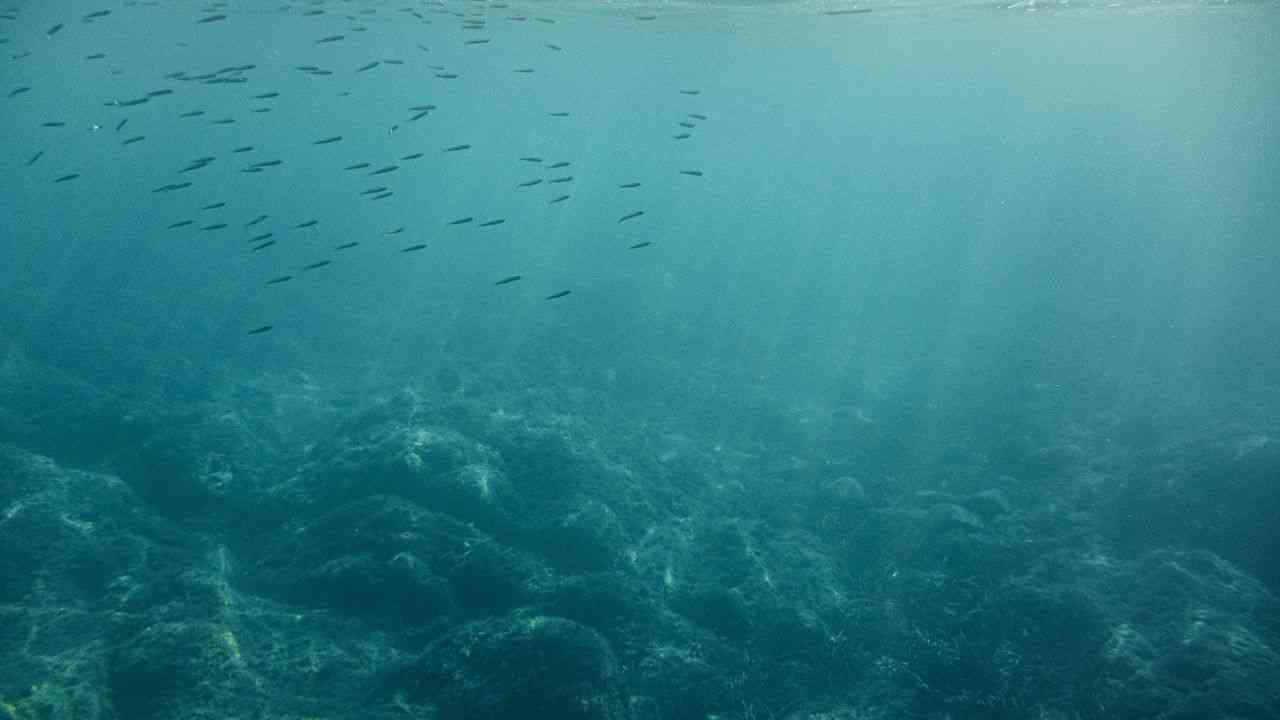
Humanism
22 February 2026
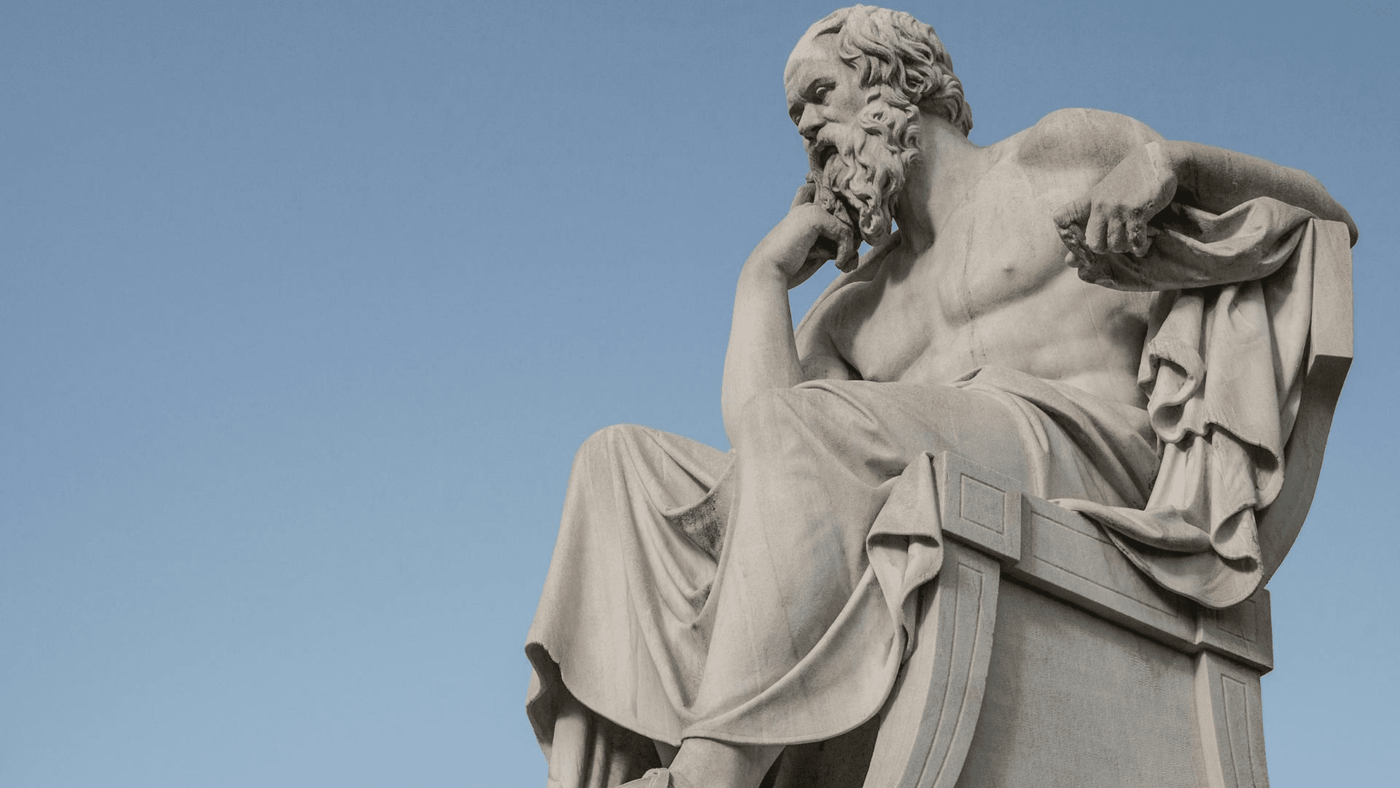
Zmień tryb na ciemny